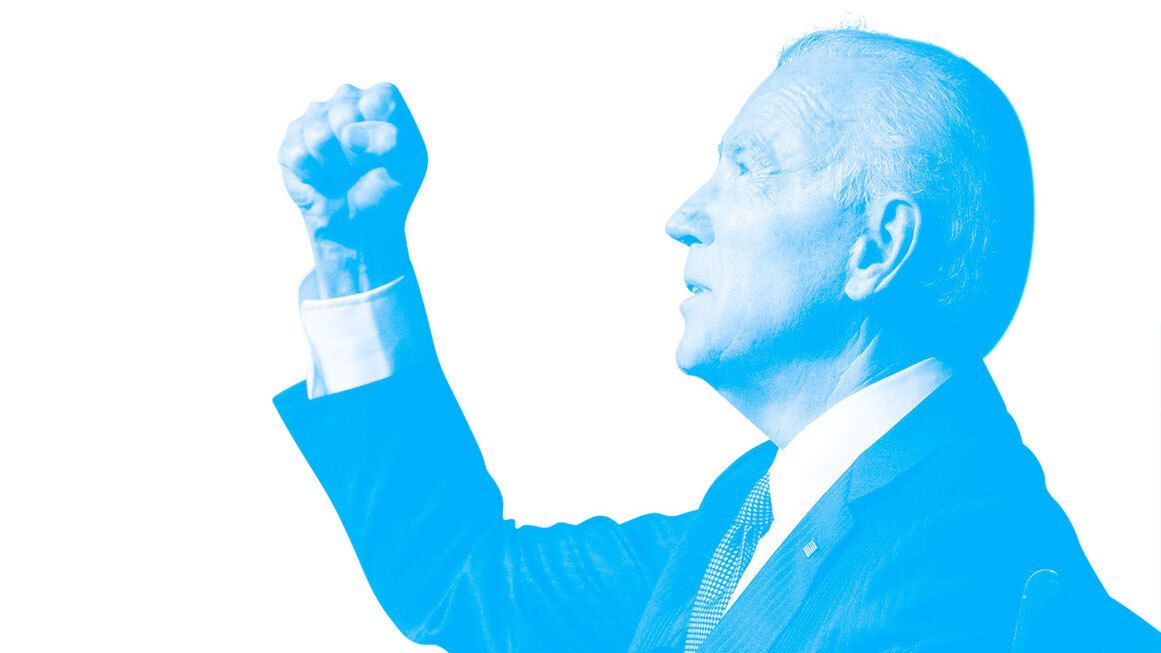Joe Biden Tried To Use the Regulatory State To Micromanage Everything
The Biden administration's war on "junk fees" is emblematic of its nanny state instincts.

In the January 2025 issue of Reason, we're giving performance reviews of Joe Biden's presidency. Click here to read the other entries.
On domestic regulatory issues, Biden has shown initiative and a willingness to go above and beyond what is called for. It's too bad that's the opposite of what a good presidential job performance entails. The ideal candidate here is someone unwilling or unmotivated to find new outlets for regulation, but the Biden administration has proved all too eager to expand the regulatory state's reach.
Take Biden's obsession with "junk fees," by which he means basically anything a business charges for perks (such as checking bags during a flight) or as penalties (like bank overdraft fees). Such fees can serve important and legitimate purposes, but Biden has framed them all as simple points of corporate "greed." Because it can't directly eliminate them, the administration has decided they must be disclosed in particular ways—saving Americans from the pain of, say, having to read about cable costs in two separate lines instead of one.
It's silly, sure, but it exemplifies the administration's belief that basically any area of business is fair game for federal regulators. And Biden's business micromanagement extends way beyond fee disclosures.
Following Biden orders, the Federal Trade Commission (FTC) outlawed noncompete clauses (a rule a federal judge has already rejected as the FTC overstepping its authority) and adopted a proposed "policy of greater scrutiny of mergers."
The Department of Labor proposed a rule that would make it more difficult for people to work as independent contractors and another that would greatly expand the number of workers eligible for overtime pay.
Biden has also tried to use executive and regulatory actions to override state policies and private property rights. For instance, he directed the Department of Health and Human Services to declare that a federal Medicaid rule means hospitals must perform emergency abortions even in states where they are banned. He also wants to make it easier for the feds to seize pharmaceutical patents when politicians believe prices are too high.
Biden claims such moves are about things like promoting competition and protecting reproductive freedom. But even if those are the end results—and it's often quite questionable—they accomplish those things by substituting the judgment of the federal government for the judgment of employers, employees, consumers, state lawmakers, and everyone else.
Regulation performance review: excessive micromanaging
This article originally appeared in print under the headline "Regulator in Chief."


Show Comments (63)